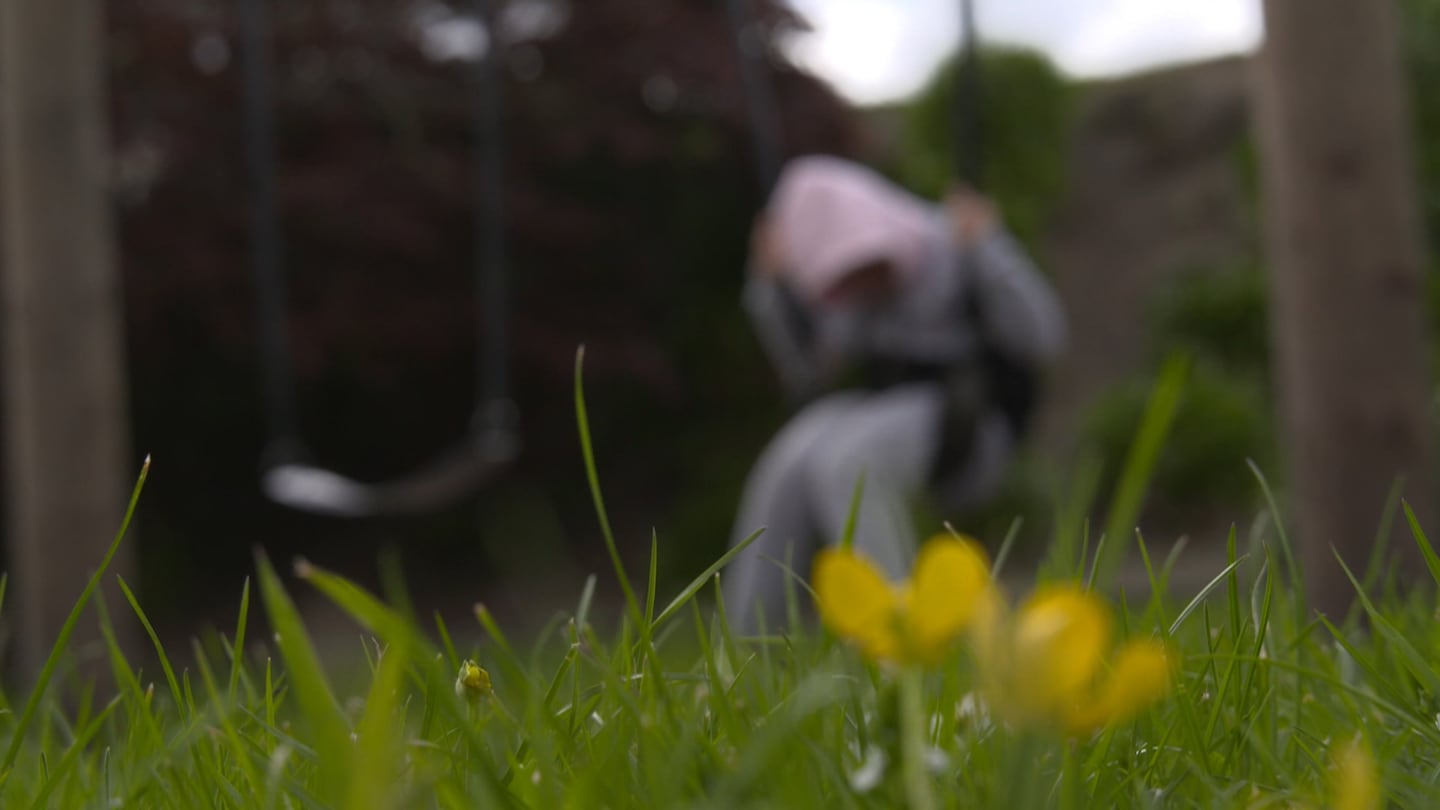Health New Zealand and the Police have both released reports and preliminary findings around an incident involving an 11-year-old girl being misidentified as a 20-year-old and placed in a Waikato mental health facility on March 9.
There were five main points in the police’s preliminary findings, which were highlighted in the statement provided by police.
- “The operational response to the initial call about a female in the middle of the road and later observed on the railings of Fairfield Bridge was prompt, with appropriate urgency for securing her safety.
- “The decision by responding Police officers to detain Patient A under section 109 of the Mental Health (Compulsory Assessment and Treatment) Act was appropriate, given their genuine concerns for Patient A’s safety and wellbeing.
- “It was reasonable for officers to place handcuffs on Patient A on arrival at Waikato Hospital to protect her own safety and the safety of staff.
- “Police misidentified Patient A as Patient B despite genuine attempts to confirm her identity.
- “Police promptly informed Waikato Hospital of the misidentification of Patient A as Patient B when this became apparent.”
It stated that local police tried to confirm the 11-year-old’s identity with an assist from a mental health service provider, where they compared a photo of the child with a young adult who was known to the provider.
“Based on the photo comparison and information available to Police at the time, Police shared their assessment with Waikato Hospital staff, including their rationale for the nominated identity,” said Assistant Commissioner Sandra Venables.
It was reported by the NZ Herald that the girl was autistic and non-verbal and was injected with medication while at the Waikato Hospital’s Henry Bennett Centre.
In Health NZ’s summary report following a review of the incident, it acknowledged “significant failings” that “contributed to the distress and trauma” of the young girl and her whānau.
Chief Clinical Officer Dr Richard Sullivan has confirmed in a statement that the organisation will have an action plan in place to implement recommendations from the report.
- “Apologise to Patient A and her family. Engage with Patient A’s family and provide appropriate support to understand the findings and recommendations, ask any questions, and provide any further feedback into the Waikato Hospital’s adverse event process.
- “Undertake a rapid review of international best practice for the identification of unidentified patients, particularly for people with any type of communication difficulty, and create a national policy. This should be done in collaboration with cultural and disability services and in consultation with the Police.
- “Ensure all Emergency Departments undertake medical reviews on unidentified patients.
- “Establish a national restraint group to specifically develop best practice for physical restraint, medication restraint, monitoring after sedation, de-escalation processes, and staff training. The scope of this group’s work should include developing a checklist for assessment prior to medication restraint, and procedures for monitoring vital signs following sedation in mental health facilities.
- “Review admission criteria and procedures for admission to psychiatric intensive care units.
- “Review workforce resourcing in the Waikato District’s mental health inpatient unit.
- “Ensure cultural support is offered to mental health patients as early as possible in the admission process.
- “Engage cultural and disability services in the actioning of relevant recommendations.”
“Our staff endeavour to provide high standards of care and we want to ensure what happened in this particular case cannot happen again.
“We recognise this young person and their family’s distress. We are continuing to provide appropriate and ongoing support.
“We accept all of the review findings. The review team included several senior clinicians from Health NZ, as well as a panel of external experts to Health NZ, who were extensively involved in reviewing and providing feedback,” said Sullivan.
Both police and Health NZ have apologised to the girl and the whānau.
The preliminary findings are part of an ongoing review, with the final report pending peer review. Police have also self-referred the case to the IPCA.
“What we know at this stage is that the misidentification occurred despite the genuine efforts of our staff to identify the female. However, we also know that our processes can be improved to further reduce the risk of an incident like this recurring,” said Venables



